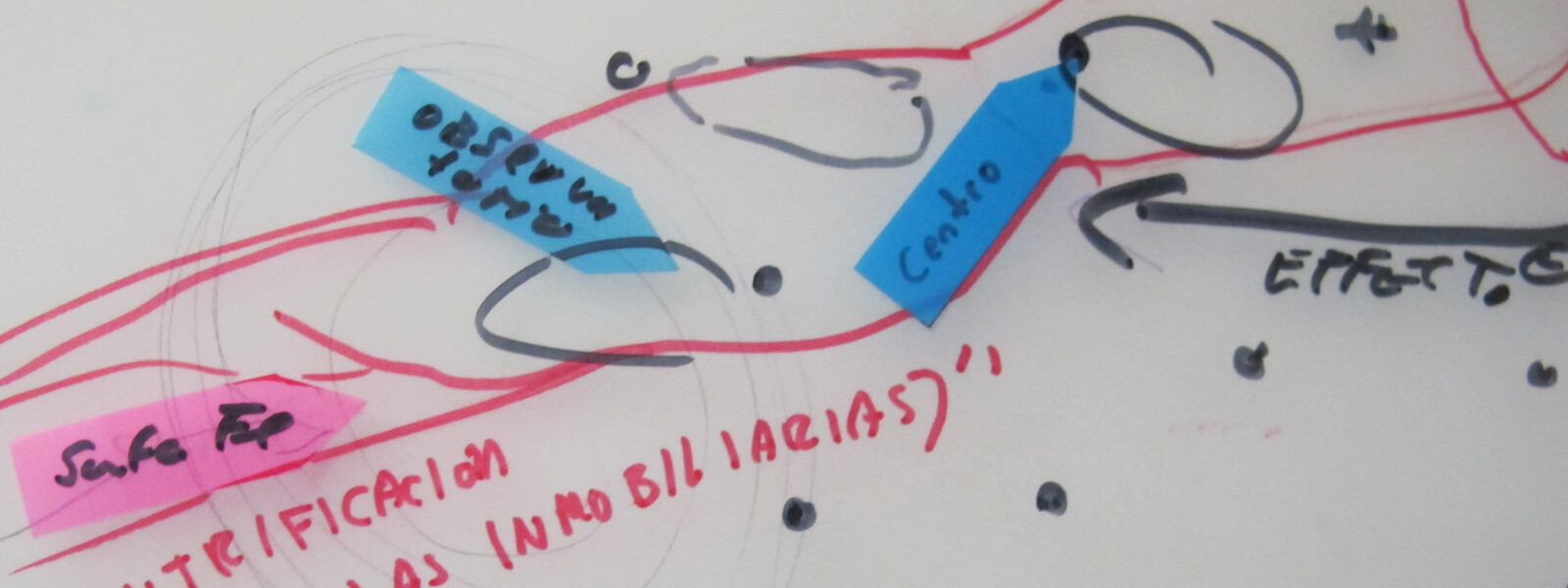(Zusammenfassung in Englisch)
This paper seeks to respond to the growing prominence of post- and decolonial thoughts in the field of urban studies and the methodological consequences this critical engagement brings to the fore. Focusing on the entangled and relational character of urbanization, established concepts and more orthodox methodologies have to be rethought, revised, and rebuilt. In this context, the paper highlights the particular importance of methods in regard to comparative urbanism – given the openness and interdisciplinary character of the field itself – and invites to reflect on collaborative, dialogical and experimental ways of knowledge production across different urban worlds.
To this end, the paper places critical cartography and mapping tools both at the centre of attempts to understand and represent urbanization and as conceptual space to rethink comparative methodologies in urban studies more broadly. Taking the reflection on decolonizing methods as a starting point to collaboratively rethink the potentials and constraints mapping harbours for a critical urban research agenda and as a valuable tool to understand urbanisation as a dynamic, open ended and contested process of global transformation.
Paper presented at the Session Building new concepts in urban studies: Challenges and tactics in comparative urbanism, AAG Annual Meeting 2019, April 3–7, Washington DC
